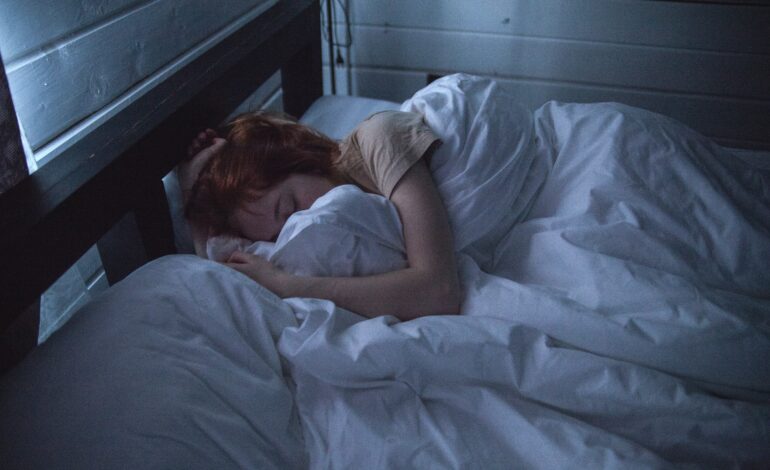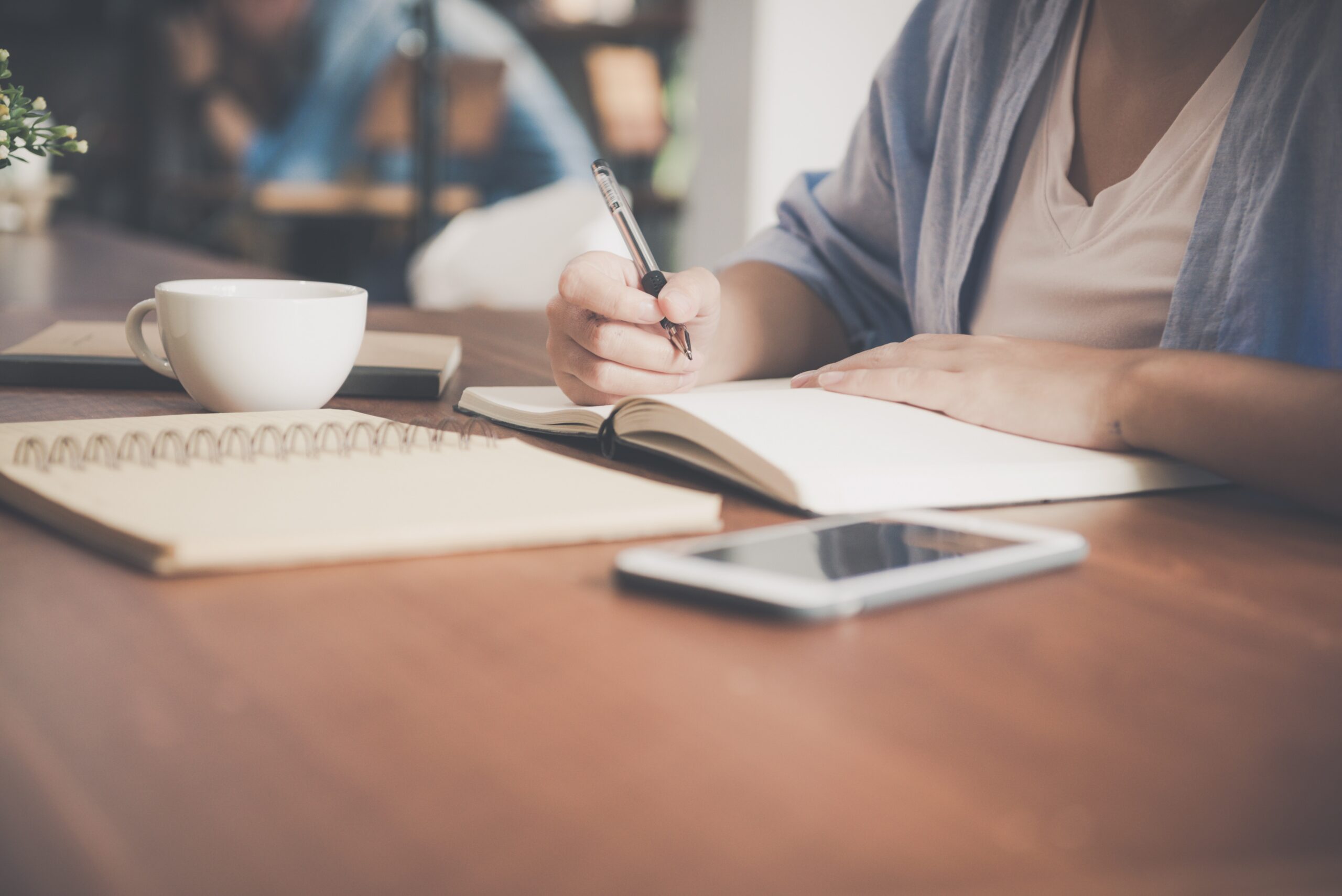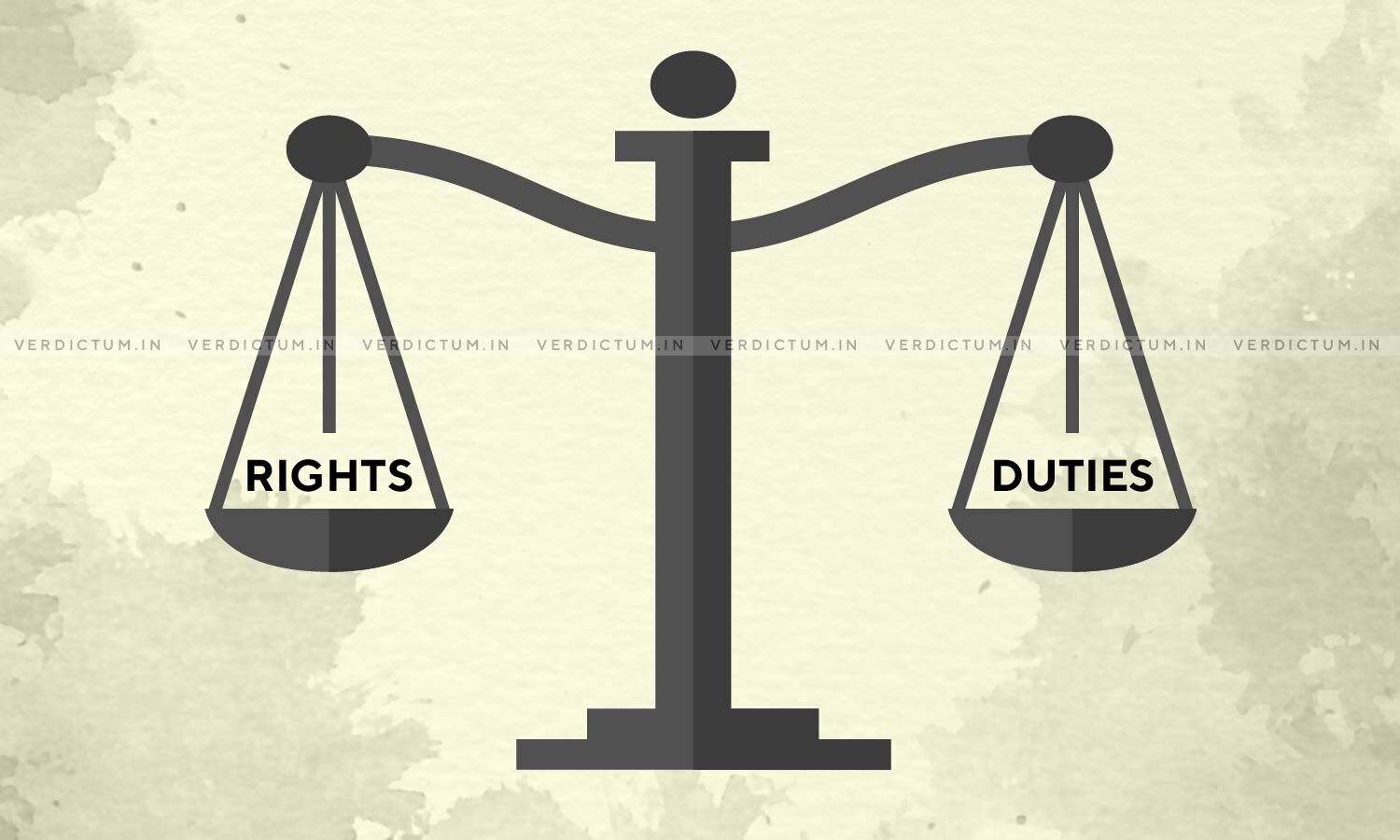
Getting enough high-quality sleep is essential for optimal health and performance. It’s one of the best ways to boost your mental and physical well-being, as well as help you hit your goals at work and in life. When you don’t get enough sleep, you may feel tired, unfocused, irritable, or even depressed.
It’s easy to overlook sleep as an important part of your daily routine, but getting enough sleep is essential for optimal health and performance. So what can be done about it if you aren’t getting enough sleep? Here are some tips for optimizing your sleep:
Stick to a sleep schedule
You know that feeling you get when you’re just too tired to do anything, but can’t fall asleep? It’s awful, right? Well, that’s because your body has a biological clock. And it wants to go to sleep at the same time every night, and get up at the same time every morning.
But there are some nights when you might want to stay up late and watch a movie with friends or something—and that’s okay! Your body will still be able to tell what time it is even if you don’t get enough sleep for one night. But if this happens more than once in a row (or more than twice), your body will start to think it’s supposed to be sleeping when it’s not. And then that can lead to all sorts of problems like insomnia or exhaustion during the day. So try going to bed and waking up at the same time every day, even on weekends!
Create a relaxing bedtime routine
It’s no secret that a relaxing bedtime ritual can help you get a better night’s sleep. If you’re like most people, though, your brain might be too busy processing what happened during the day to turn off completely. Maybe you had a particularly hard time at work or school, or maybe you have stressful situations going on in your personal life. Whatever it is, it can be difficult to just “turn off” and get ready for bed.
But don’t worry! It’s not impossible—you just need to establish a routine that helps you wind down and relax before sleep. This could include taking a warm bath, reading a book, or practicing relaxation techniques such as deep breathing or meditation.
Limit caffeine and alcohol intake
When it comes to sleep, there are a lot of things you can do to help yourself fall asleep faster and get better quality rest. One thing you can do is limit your caffeine and alcohol intake. While both of these substances help us wake up in the morning, they can also disrupt our sleep cycles at night.
Caffeine is typically found in coffee, tea and soda. It takes about 30 minutes for caffeine to enter your bloodstream, but it can stay in your system for up to 6 hours after drinking a cup of coffee or other caffeinated beverage. The more caffeine you consume throughout the day, the longer it will take for your body to clear out of your system and relax enough for sleep. Alcohol has similar effects on your body: it takes about an hour for alcohol to enter your bloodstream, but it could be present in your system for up to 7 hours after drinking. So, try avoiding caffeine and alcohol close to bedtime so that you have a chance of getting quality rest every night!
Avoid screens before bedtime
We all know that sleep is important, but you may not realize just how big of a role your screen time plays in keeping your eyes closed at night. The blue light emitted by screens can interfere with the production of the sleep hormone melatonin. That means that if you’re looking at a screen right before bedtime, you might not get enough melatonin and fall asleep as easily as you’d like. It’s best to avoid using screens for at least an hour before bedtime so that your body has had enough time to produce melatonin naturally.
Exercise regularly

It’s no secret that exercise is good for you. It can help you lose weight and lower your risk of heart disease, diabetes, and cancer. But did you know that regular exercise can also improve your sleep quality and duration? The trick is to make sure you finish your workout at least a few hours before bedtime to give your body time to wind down. And if you’re feeling too wired after a workout, try taking an Epsom salt bath before bed. The magnesium in Epsom salts can help relax tense muscles and relieve stress—which means better sleep!
Manage stress
If you have trouble falling asleep, it might be due to stress. Stress can make it difficult to fall asleep and stay asleep because it raises your heart rate and blood pressure. You don’t have to wait for the stress to go away before you can fall asleep—you can take steps to manage your stress so that it doesn’t interfere with your sleep. Practice stress management techniques such as deep breathing, yoga, or meditation. These techniques help you relax so that you’re less likely to feel anxious or worried about things that may keep you awake at night. They also help improve your overall health by reducing inflammation in the body and lowering blood pressure.
If these techniques don’t work for you, talk with your doctor about other options such as taking medication or seeing a therapist who specializes in treating insomnia caused by stressors like anxiety or depression.
If you want to take your health and performance to the next level, it’s time to start optimizing your sleep. We hope these tips were helpful! Now get out there and crush it!
RUCHI RATHOR Founder & CEO
Payomatix Technologies Pvt. Ltd.
FOUNDER AND INVESTOR | PAYMENTS PROCESSING EXPERT | MERCHANT ACCOUNT SOLUTIONS | WHITE LABELLED PAYMENT GATEWAY | Dreamer, Creator, Achiever, Constantly Evolving
Website Ruchi Rathor: https://ruchirathor.com
Website Healing Heart https://thehealingheart.me/
Instagram https://www.instagram.com/_ruchirathor_/
LinkedIn https://www.linkedin.com/in/ruchirathor12/
Facebook https://www.facebook.com/ruchi.rathor.magnificient
Tumblr https://www.tumblr.com/blog/ruchirathor-thehealingheart
Medium https://medium.com/@ruchirathor_23436









